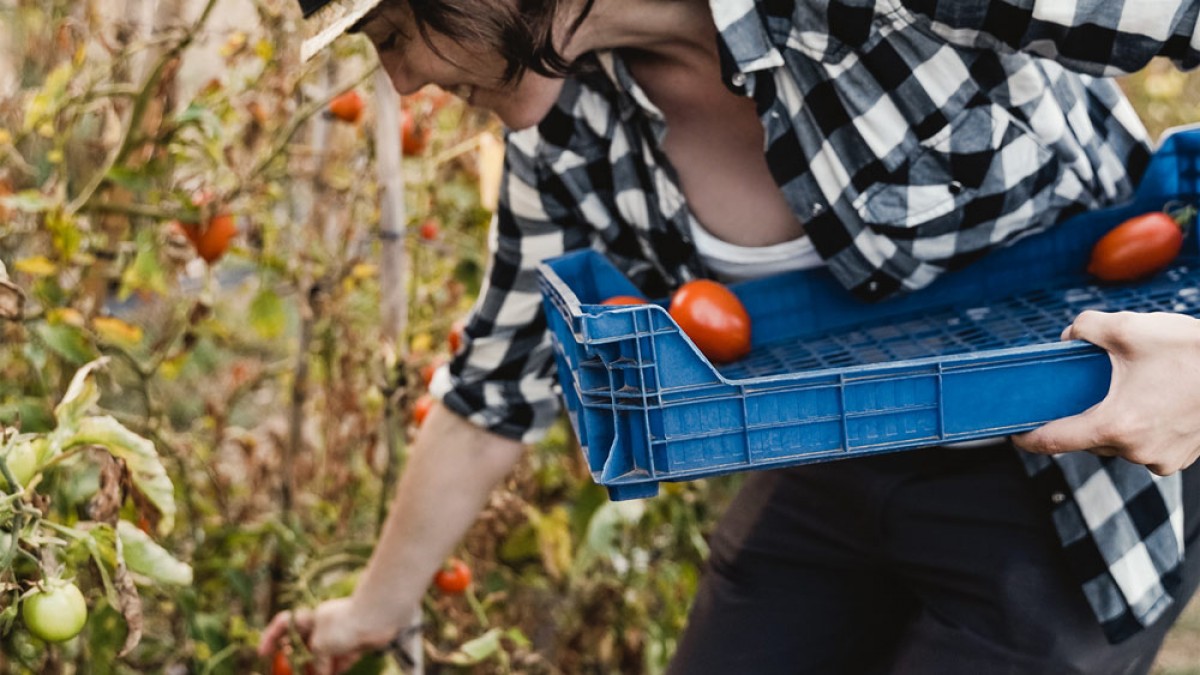by Dr Babita Bhatt and Prof Israr Qureshi
The federal budget has gained significant attention for supporting those most in need by delivering cost-of-living relief and strengthening Medicare. But the budget also recognises that the unique problems many disadvantaged communities across Australia face cannot be overcome with one-size-fits-all solutions. Significant funding allocated to social enterprises and place-based initiatives - programs that are developed and implemented by the people who live in the specific geographical areas - are a promising step in tackling entrenched community disadvantage.
The budget delivers a $199.8 million package to target entrenched community disadvantage. As researchers in the field of social cohesion, we were pleased to see the Government acknowledge the importance of social enterprises and place-based community initiatives in creating a fairer, more resilient, and cohesive Australia.
At Australian Social Cohesion: Exploring New Directions (ASCEND), a strategic initiative of The Australian National University (ANU) we are working with various community-based initiatives and social enterprises to explore their role in addressing disadvantages and strengthening social cohesion in diverse communities.
Our long-term engagement with the social enterprise ecosystem within and outside Australia indicates that when social entrepreneurs are given adequate support and resources, they not only improve individual economic well-being but also play an important role in mitigating extreme exclusion, creating collective assets in resource constraint communities, and instigating social change.
How do social enterprises work?
Social enterprises are businesses that aim to solve social issues, improve and strengthen communities, give people access to employment and training, or help the environment.
To name an example, Koskela is a design and furniture company based in Sydney that is committed to sustainable and socially responsible business practices. They have a range of initiatives that aim to support and empower marginalised communities, including First Nations Australians. One of Koskela's key initiatives is their social enterprise arm, Koskela Made, which partners with First Nations artists and communities to create and sell high-quality, contemporary homewares and furniture. By working with First Nations artists and craftspeople, Koskela is supporting the preservation and celebration of First Nations cultures and heritage, while also creating economic opportunities for First Nations communities.
Another example is Enable Social Enterprises, which is a non-profit organisation that provides training and employment opportunities to people with disabilities and other barriers to employment, such as mental health issues or a history of homelessness. Their work is centred around e-waste. In addition to providing employment opportunities, Enable Social Enterprises also promotes social inclusion and community engagement resulting in more cohesive communities. They provide opportunities for their employees to participate in community events and activities, and work with local businesses and organisations to raise awareness of disability issues and promote greater inclusion in the workplace.
How do place-based community initiatives work?
Place-based community initiatives are programs that are developed and implemented by the people who live in the specific geographical areas or communities that are facing marginalisation and disadvantage. They aim to address the root causes of these social issues by empowering the affected communities to take an active role in the development process.
You may know the Luv-a-duck initiative that is based Nhill, 375 kilometres northwest of Melbourne, for example. It is a community-led program that is developed and implemented in a specific geographical area, Nhill, to address social issues and promote community wellbeing. The initiative is based in the Goulburn Valley region of Victoria, where the duck farm is located, and it provides employment and training opportunities for local residents who face barriers to employment. By offering employment and training opportunities in the local area, Luv-a-Duck helps to build a sustainable and resilient community, and supports the economic and social development of the region.
Another example is the Yarra Valley Farms initiative in Victoria. Yarra Valley Farms is a community-led initiative that provides people facing barriers to employment with job and training opportunities. The initiative operates a range of farming and food production activities that are developed and managed by local residents. It aims to address the root causes of social disadvantage by providing opportunities for employment, skills development, and community engagement.
Unique solutions for unique challenges
Social enterprises and place-based initiatives show huge potential in strengthening social cohesion, the ‘glue’ that holds our society together. Place-based initiatives and social enterprises are important because they provide a community-led approach to addressing social problems and promoting sustainable development.
“National approaches to social issues often take a one-size-fits-all approach, which may not be effective in addressing the unique challenges specific communities face.”
National approaches to social issues often take a one-size-fits-all approach, which may not be effective in addressing the unique challenges specific communities face. Place-based initiatives, on the other hand, are developed and implemented by the people who live in the affected communities, people who understand the root causes of social problems and how to address them better than anyone else.
Certain social problems are difficult to solve using a top-down national approach. This is because such problems are often deeply rooted in the specific context and conditions of a particular community, and require a more focused and tailored approach to address them effectively. Place-based initiatives and social enterprises are better suited to address these challenges because they are able to take into account the specific needs, strengths, and challenges of a particular community.
In addition, social enterprises are important because they can provide sustainable solutions to social problems while also generating economic value for the community. By investing in social enterprises, communities can create local employment opportunities, support local businesses, and promote economic development, while also addressing social and environmental challenges.
Entrenched disadvantage package to help social enterprises focus on their mission
The budget promising to establish a $100 million Outcomes Fund and to provide $11.6 million for a Social Enterprise Development Initiative to build capacity to access capital and support improved social outcomes is great news. The provision of grants and education will enable social enterprises to overcome some of the financial and knowledge barriers they face and allow them to focus on delivering their social mission. The proposal for social impact investment aligns with the recommendations made by the Impact Investing Taskforce's Expert Panel.
The government will also convene an Investor Roundtable to discuss how to unlock private capital to support social impact investing initiatives. This will open up new avenues for social enterprises to access funding and support to achieve their social objectives.
The Government’s commitment to supporting social enterprises and place-based initiatives is an exciting development and we’re looking forward to seeing its impact on social cohesion in communities across the country.
About ASCEND
ASCEND is a multi-disciplinary research team funded through an ANU Grand Challenge Research grant. We use evidence based approaches to create research to drive positive social change, and are investigating a diverse range of projects related to social cohesion.










